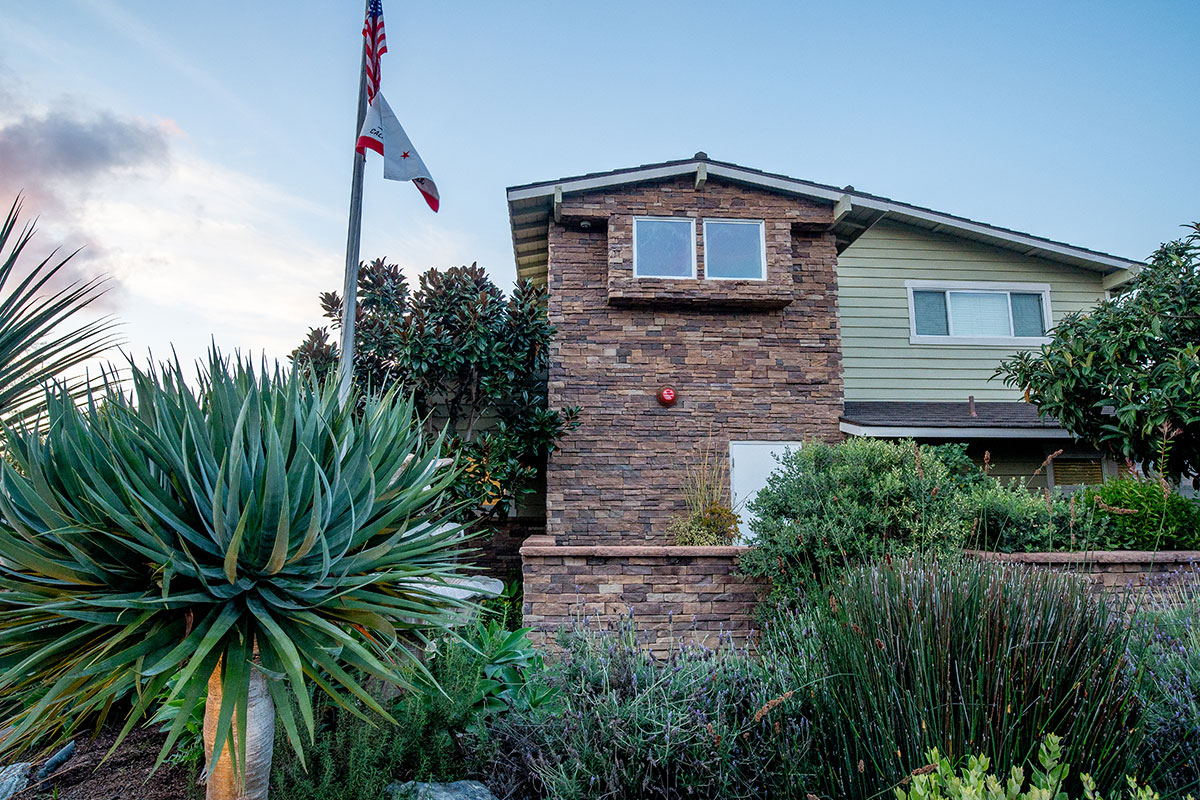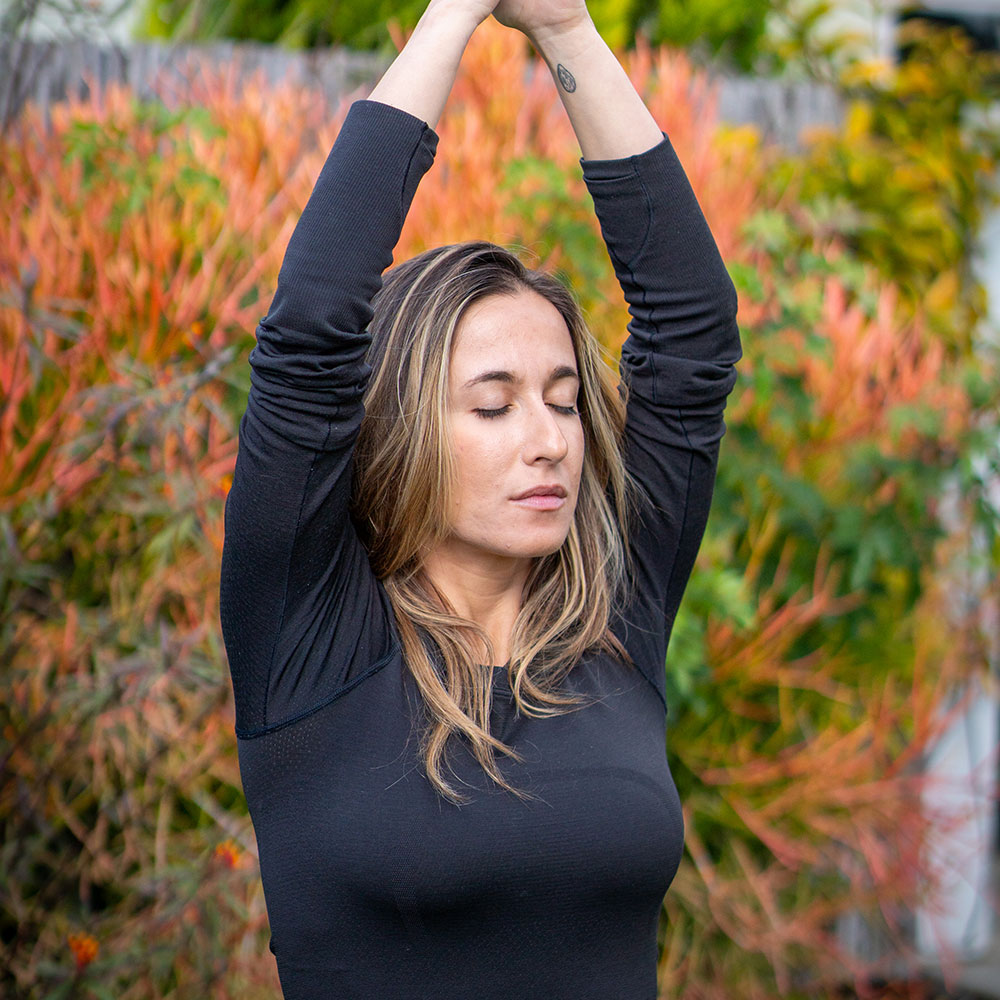 Bipolar disorder and substance use disorders many times go hand in hand. In some cases, bipolar disorder can lead to a substance abuse issue when a person with bipolar disorder turns to drugs or alcohol to self-medicate. Otherwise, drug addiction can lead to bipolar disorder due to drug and alcohol abuse changing the brain’s overall chemistry.
Bipolar disorder and substance use disorders many times go hand in hand. In some cases, bipolar disorder can lead to a substance abuse issue when a person with bipolar disorder turns to drugs or alcohol to self-medicate. Otherwise, drug addiction can lead to bipolar disorder due to drug and alcohol abuse changing the brain’s overall chemistry.
When someone is suffering from both drug addiction and a mental illness simultaneously, it’s known as a co-occurring disorder, or dual diagnosis. Women who suffer from co-occurring addiction and bipolar disorder need professional help to work through their challenges. Let’s take a deeper look at bipolar disorder and substance abuse and how they affect women who suffer from them.
What is Bipolar Disorder?
Bipolar disorder is a mood disorder with distinct periods of extreme euphoria and energy and sadness or hopelessness. People with bipolar disorder experience extreme highs known as mania, and extreme lows are known as depression. These extreme mood swings can last from a few days to a few weeks. The duration of the symptoms often depends on the severity of the individual’s bipolar disorder.
Bipolar disorder is primarily caused by a chemical imbalance in the brain but genetics also plays a role. People with bipolar disorder are more likely to develop financial and legal troubles, addiction, relationship issues, and suicidal thoughts. Turning to drugs or alcohol as a way of self-medication is popular amongst people who suffer from mental health issues.
What Are the Different Types of Bipolar Disorder?
There are four main types of mental health episodes that someone who has bipolar disorder can experience over time. They are:
- Manic episodes
- Hypomanic episodes
- Major depressive episodes
- Mixed episodes
Manic Episodes
A manic episode is typically highlighted by the feeling of either excessive cheerfulness or hostility. Manic episodes tend to last a week or more and, in extreme situations, can even result in hospitalization. Symptoms of manic episodes include:
- Hyperactivity
- Racing thoughts
- Extreme talkativeness
- Lack of a need for sleep
- Increased chances of risky behavior
- Preoccupation with a specific goal
- Increased self-confidence
- Short attention span
Hypomanic Episodes
A hypomanic episode is similar to a manic episode, with the most significant difference being the amount of time that the episode lasts. While a manic episode can last a week or longer, a hypomanic episode tends to only last for a few days. Regarding symptoms, hypomanic episodes tend to be less severe than manic episodes.
Major Depressive Episodes
A major depressive episode centers around the feeling of depression or just a general disinterest in things that are going on. For an episode to qualify as major depressive, the person has to be experiencing these feelings and emotions for at least two weeks.
Symptoms of a major depressive episode include:
- Restlessness
- Suicidal thoughts
- Feelings of worthlessness
- Significant weight loss or gain
- Difficulty concentrating or focusing
- Loss of interest or pleasure in once enjoyable activities
- Changes in sleep patterns such as insomnia or oversleeping
- Feeling depressed or hopeless for hours at a time
- Excessive feelings of guilt
- Constant fatigue
Mixed Episodes
Some people who have bipolar disorder don’t suffer from just one type of episode, but multiple types of episodes. This is known as having mixed episodes. Mixed episodes include traits of manic, hypomanic, and major depressive episodes.
Does Bipolar Disorder Affect Women Differently It Affects Than Men?
 Bipolar disorder occurs with a similar frequency in both men and women. However, the disorder functions differently between the two sexes.
Bipolar disorder occurs with a similar frequency in both men and women. However, the disorder functions differently between the two sexes.
For starters, women are significantly more likely to experience more symptoms associated with depressive episodes than manic episodes. Additionally, women’s hormones can play a significant role in how bipolar disorder affects them. Women’s hormones play a major role in developing symptoms of bipolar disorder and the severity in which they experience them.
Menopause can also play a significant role in how women experience bipolar disorder compared to men. Among women who have the disorder, almost many have reported severe emotional disturbances during the transition into menopause.
However, the greatest evidence of a hormonal association with bipolar disorder is found during pregnancy and the postpartum period. Women who have bipolar disorder and are either pregnant or have very recently given birth are seven times more likely to be admitted to the hospital due to their bipolar disorder. They are also twice as likely to have a recurrence of symptoms.
What Is the Correlation Between Drug Addiction and Bipolar Disorder?
Unfortunately, not only is there a strong correlation between bipolar disorder and substance abuse, but it continues to get stronger almost by the day.
Many people with bipolar disorder either don’t know how to handle their condition properly or are too embarrassed to get the proper help they need. More often than not, they will turn to drugs or alcohol to numb the pain associated with their condition and self-medicate.
Bipolar Disorder and Substance Abuse
For people suffering from bipolar disorder and substance abuse, using drugs or alcohol may make them feel “normal” for a short period of time. While drugs and alcohol might seem like an effective fix, it is only a temporary pacifier. In the long run, substance use can actually lead to more issues. Bipolar disorder and substance use together can also ultimately result in symptoms of bipolar disorder becoming more extreme due to the chemical changes that happen in the brain as a result of addiction.
Can Alcoholism Cause Bipolar Disorder?
Studies have shown that someone can develop bipolar disorder as a result of prolonged substance abuse. This can occur as a result of drug and alcohol use changing the chemical makeup of the brain. The bipolar disorder might have previously been dormant, and as a result of substance abuse, the symptoms of that can come to the surface. Women with co-occurring bipolar and substance use disorder involving alcohol abuse often require professional treatment.
Can Drugs Trigger Bipolar Disorder?
Studies show that drug abuse can cause people to experience some bipolar moods and symptoms. Drug abuse likely does not cause someone to develop bipolar disorder, though. Medications such as antidepressants have side effects that may also resemble symptoms of bipolar disorder. Symptoms like mania or hypomania are possible as a withdrawal effect when stopping use.
What Are the Treatment Options for Bipolar Disorder and Substance Abuse?
 If you are suffering from a bipolar disorder and addiction dual diagnosis, the first step is to address the substance abuse issue with detox. Before you can address either bipolar disorder and substance use disorder, you have to rid your body of all the harmful substances that have caused you to get to this point.
If you are suffering from a bipolar disorder and addiction dual diagnosis, the first step is to address the substance abuse issue with detox. Before you can address either bipolar disorder and substance use disorder, you have to rid your body of all the harmful substances that have caused you to get to this point.
Depending on the severity of drug or alcohol abuse, detox can take anywhere from a few days to a few weeks to complete. Due to how the body reacts to the detox process, the detoxification process must be done under constant medical supervision. Detoxification typically takes place at a hospital or a dedicated detox facility. You can also attend a treatment facility that also offers detox services and dual diagnosis treatment such as New Directions for Women.
How Do Doctors Treat Bipolar Disorder?
After a successful detox treament, it is time to address both the bipolar and substance use disorder. Depending on your recommended treatment plan, you might begin medication to help address mood swings and other issues with mental illness. Medications for bipolar disorder can calm mood swings and bring equilibrium to a person’s life.
Some medications for people with bipolar disorder include:
- Lithium
- Anticonvulsants
- Antipsychotics
- Benzodiazepines
For those who either feel uncomfortable or are deemed to be at risk by taking medication, cognitive behavioral therapy is another popular treatment method for addressing addiction and bipolar disorder. Cognitive behavioral therapy (CBT) addresses the thoughts and feelings that people with these conditions face. By examining the thoughts and feelings that lead to manic and depressive behaviors, addicted people with bipolar disorder can better understand their actions.
What About Treatment During Pregnancy?
There is a special treatment option available for pregnant women with a substance use disorder. This treatment is based on keeping the baby as safe as possible. Otherwise, treatment for men and women is mostly the same.
When addressing treatment for bipolar disorder and addiction during pregnancy, doctors tend to prescribe lithium and other antidepressants due to their track record when it comes to protecting the baby.
In general, though, doctors and treatment professionals will try to limit the number of medications a developing baby is exposed to during pregnancy. As a result, for those women who are pregnant and in treatment, their treatment will focus more on the mental and behavioral side of things such as CBT and other types of alternative treatment like:
- Art
- Yoga
- Gardening
- Meditation
- Acupuncture
Do You Suffer From Bipolar Disorder and Substance Abuse?
Like many other aspects of life, women experience co-occurring issues, such as bipolar disorder and substance use disorders, differently from men. Women’s hormones and the chemical makeup of their brain can result in the way they react to bipolar disorder being different than men.
 At New Directions for Women, we understand. This is why we focus solely on the mental health and well-being of women. Our facility and treatment programs are designed specifically for women to get the help they need in an environment that they feel comfortable in.
At New Directions for Women, we understand. This is why we focus solely on the mental health and well-being of women. Our facility and treatment programs are designed specifically for women to get the help they need in an environment that they feel comfortable in.
If you or someone you know is a woman who is suffering from a mental health and substance use disorder, we can help even if you are pregnant. No one should have to battle bipolar disorder and alcoholism or drug use alone. Call us today to learn more about bipolar disorder and substance abuse treatment.
